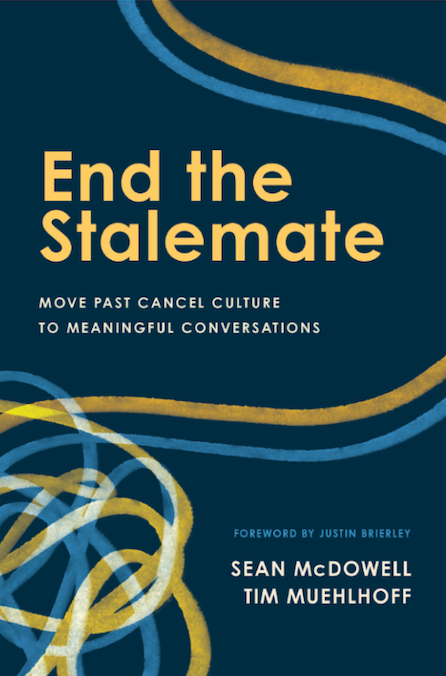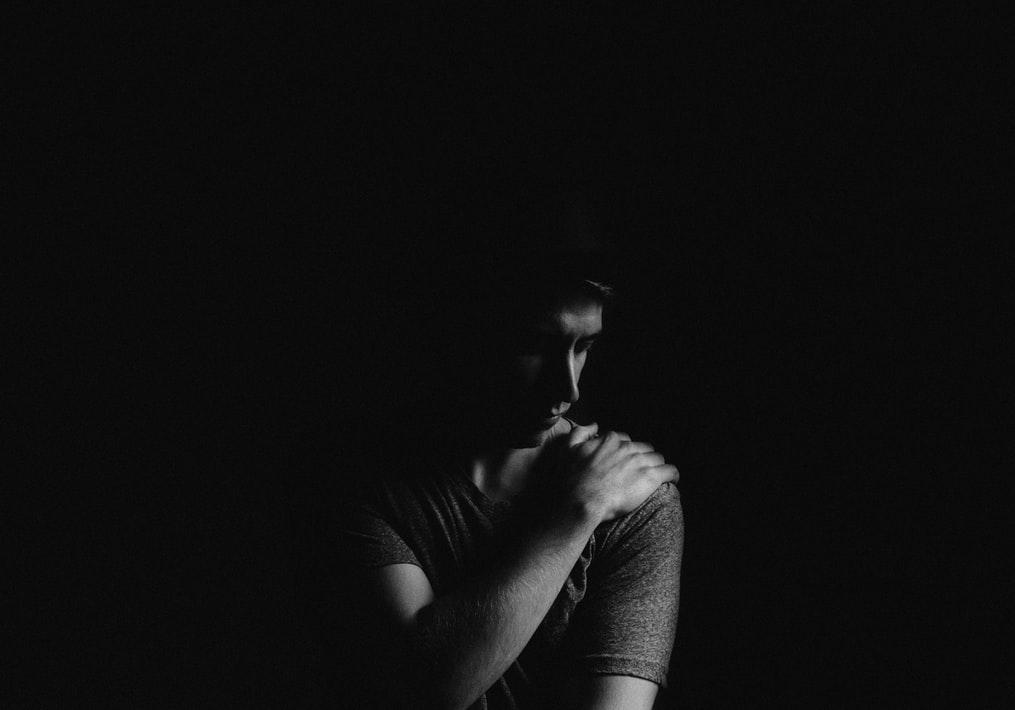Nearly a decade ago, I had my first formal debate on the question of whether theism or secularism best explains morality. Shortly before the debate, my pastor encouraged me to be ready to address the problem of suffering and evil.
“Why?” I asked, and he simply said, “In my experience, suffering and evil is the perennial issue people have with the existence and goodness of God.” That stuck with me. And the more I think about it, the more I think he is right.
The brokenness of the world is really at the heart of why people question God. And yet, it is not merely an academic issue for public debate but is quite literally everywhere. It pervades every relationship we have and everything we do. Let me explain.
Superheroes
Have you ever wondered why superhero hero movies are so popular? Sure, they offer excitement and adventure. But they seem to fulfill a deeper human need for good to conquer evil. In his book Do the Gods Wear Capes? Ben Saunders observes,
“Superhero comics [are] fantastic, speculative, and distinctly modern expressions of a perhaps perennial human wish: the wish that things were otherwise….The superhero genre is an obvious fantasy-response to the distressing mismatch between our expectations of the world and the way the world actually appears to be.”[1]
In other words, superhero comics and movies wrestle with one of the most basic questions humans can ask: Why is the world so broken? We are drawn to superhero stories because we want to believe that evil and suffering in the world can be fixed.
Our fascination with superhero movies reveals how deeply we recognize brokenness in the world.
LGBTQ
For the past few years, I have been engaging in the LGBTQ conversation through both writing and in public conversations. And I have also had countless personal interactions with people who identify as LGBTQ. I have spent a lot of time listening. These conversations have deeply shaped my theology and relationships.
As a result, I have come to believe that a pressing issue for many people in the LGBTQ community is the question of evil and suffering: “Does God love me? Do you love me? Why do I hurt so badly?” In other words, many LGBTQ people are asking the deep human question of why God allows them to suffer.
More Issues
My point here is not to attempt a theodicy (for that, start with my YouTube video: “If God, Why Evil?” or my book Is God Just A Human Invention?). Rather, the point here is to highlight how deeply suffering and evil shape how we relate to God and others.
Suffering and evil do not merely show up in philosophy class. Rather, they pervade our hobbies, relationships, and virtually everything we do.
Climate change. Gun control. Immigration. Aren't these issues ultimately about suffering in the world and how we best prevent it? People may differ over how to address these issues, but they all agree that something is broken.
As Christians, we must be willing to have thoughtful conversations with people about the toughest issues of our day. Just remember, questions of evil and suffering often lurk close behind.
If you are looking for a guide on how to engage people meaningfully, across worldviews, check out my new book End the Stalemate.

_ _ _ _ _ _ _ _ _ _ _ _ _ _ _ _ _ _ _ _ _ _ _ _ _ _ _ _ _ _ _ _ _ _ _ _
[1] I owe this quote to Fazale R. Rana and Kenneth R. Samples, Humans 2.0 (Covina, CA: Reasons to Believe, 2019), 17.

